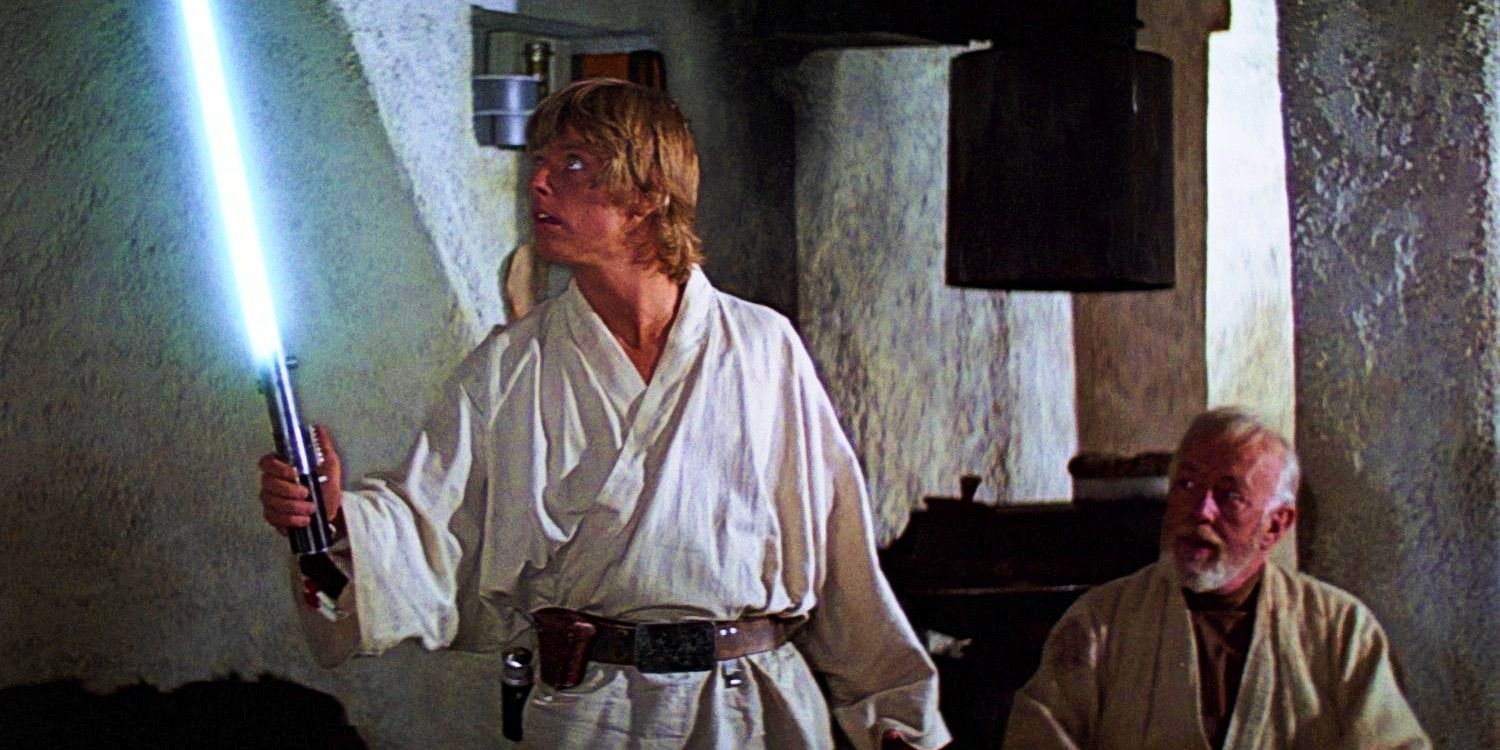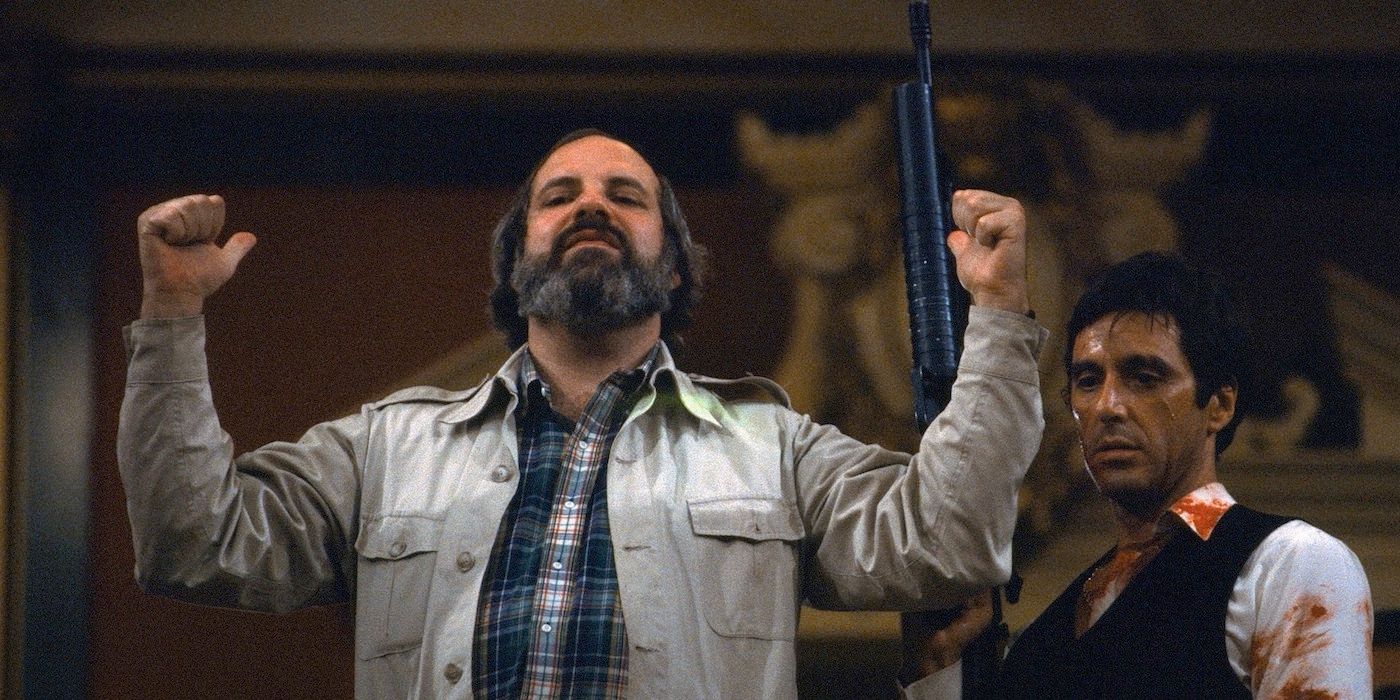
Brian De Palma debunks part of Steven Spielberg’s well-known Star Wars first screening story. Before becoming two of the most successful filmmakers ever, De Palma and Spielberg famously were part of a circle of California film school brats that also included fellow future auteurs John Milius and George Lucas.
The legends have been told time and again about this small group of filmmaking pals who even after becoming successful would gather to support each other’s work and sometimes screen each other’s films. Perhaps the most famous stories about this legendary directing circle involve the first viewing of Lucas’ Star Wars, which took place well before the film’s release when the special effects weren’t even finished. Spielberg himself has spoken about this screening, claiming in interviews that he alone understood the potential of Lucas’ vision, while others in the group didn’t grasp what Star Wars was and even mocked the movie, with De Palma being singled out as the biggest detractor.
But in a new interview De Palma himself debunks Spielberg’s version of what went on in that first Star Wars screening. The Mission: Impossible filmmaker told the podcast Light the Fuse that in fact Spielberg wasn’t the only one who realized Star Wars could be something big (via Collider):
“Everybody who was involved in that meeting, everyone has a different version of what happened… I was just watching the biography they did of Steven and he related how he saw it. They always portray me as the guy that says the worst thing that drives everybody crazy, but if you’re gonna show me something I’m gonna tell you what I think about it. Why am I there unless I’m gonna give an honest appraisal of what I’ve seen? And in this case, the fact that Steven says that only he saw the possibilities of Star Wars, that’s not really true.”

De Palma admits that though he was more positive about Star Wars than Spielberg claims, he did find Lucas’ concept of the Force a little strange and spoke his mind about it:
“We all saw it as a terrific thing that George had done and we were well aware of where the special effects weren’t there, and how they had cut in all these planes from other movies that were supposed to be the ships and stuff like that. But I did make a joke about The Force, that’s true… I just thought the idea of The Force, you know – ‘The Force’, I would say, and I kept repeating it. ‘It doesn’t seem like a great name for this kind of spiritual guidance, ‘The Force’. So needless to say I had a lot to say about The Force, which obviously I was terribly wrong about.”
De Palma of course has long been credited with helping Lucas on Star Wars by rewriting the opening crawl to help better set up the story. In the new interview, the Carrie director confirms his role in revising Lucas’ original crawl with help from screenwriter Jay Cocks. As De Palma relates, “I said, ‘George you’ve gotta set this up somehow like those crawls in the Flash Gordon movies.’ George had that idea, but it was all gobbledygook basically, so I and Jay Cocks went over the crawl and basically rewrote it so it made some sense.” Lucas would later return the favor by helping De Palma with the opening scene of Mission: Impossible.
The result of all Lucas and company's hard work was of course the biggest blockbuster in movie history at the time, a film whose influence is still being felt profoundly today. And given the ongoing importance of Star Wars, it’s easy to understand why De Palma would want to set the record straight about his early impressions of the film. No one wants to be thought of as the one guy in the room who derided the biggest movie of all-time. De Palma has of course had a great career himself, creating his own filmography filled with classics like The Untouchables, Dressed to Kill and Scarface.
Source: Light the Fuse (via Collider)
from ScreenRant - Feed https://ift.tt/3yvPuoJ

0 Comments